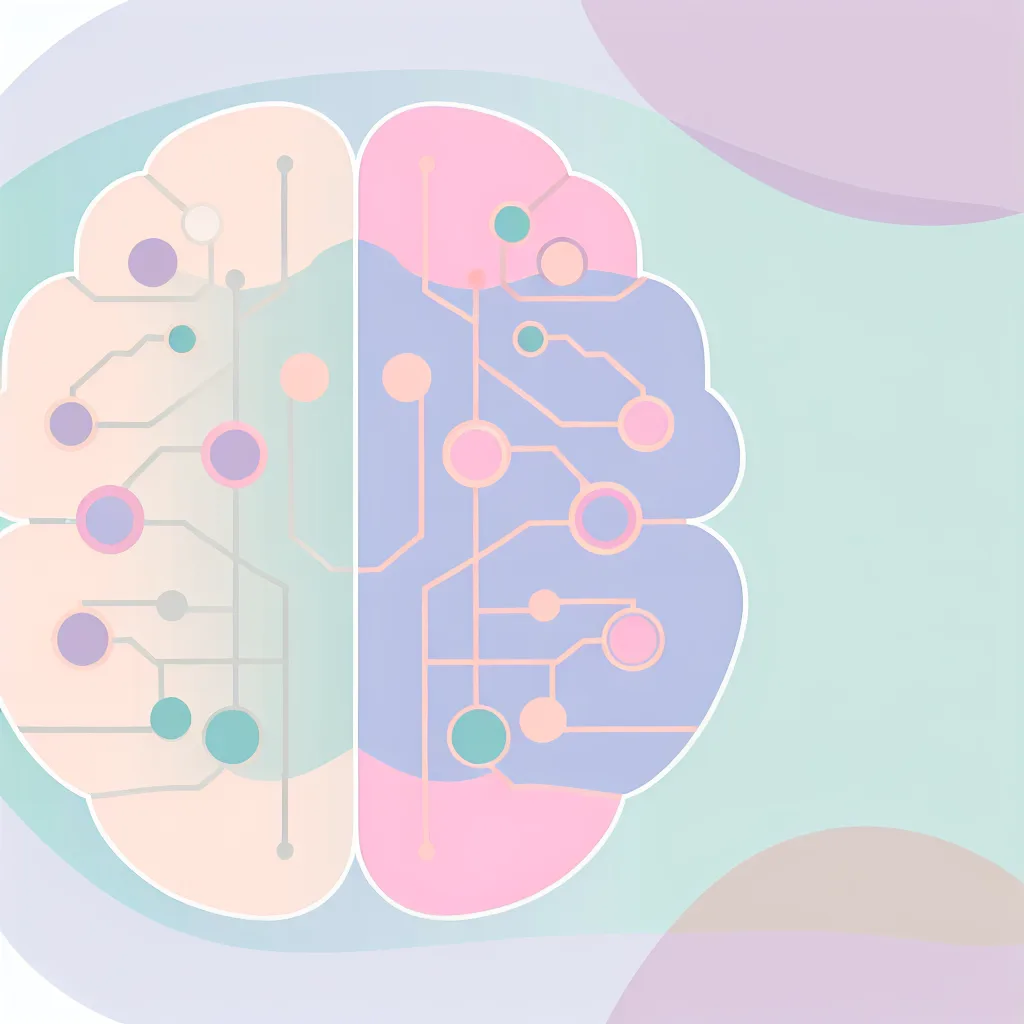Understanding the true limiting factor in AI’s potential for knowledge work
When we talk about the role of AI in knowledge work, it’s tempting to think that the biggest hurdle is how smart or advanced the AI itself is. But the real limiting factor AI-wise? It’s your own brain — your ability to process information and articulate what you need. That’s right. You can’t automate what you can’t clearly explain or understand yourself.
This idea really hits home when you look closely at how we use AI, especially large language models (LLMs) like GPT. I’ve noticed I get the most out of AI when I already have a solid grasp on the topic. It’s not about AI replacing knowledge or skill; it’s more like AI multiplying what you already know. For example, in software engineering, this explains why routine junior developer tasks might be getting automated away, while senior roles that require deep understanding and decision-making stay very much human-driven.
Why the Limiting Factor AI is Always Your Mind
The core bottleneck isn’t a lack of information out there. The internet and AI have massive pools of data readily accessible. What slows us down is the internal processing power of our minds — how well we can interpret, connect, and utilize that information. Think of your mind like a CPU and AI like a supercharged accelerator plugged into it. The better your CPU, the more powerful the overall system.
This means investing in your mental skills and training is just as important, if not more so, than relying on AI improvements. AI is a tool designed to amplify your abilities, not replace them. You still need to know enough to ask the right questions and interpret AI’s output correctly.
AI as a Multiplier, Not a Replacement
Imagine you’re a seasoned gardener. AI is like a high-tech tool that speeds up watering and trimming. But if you don’t know which plants need care or how to tend to them, the tool won’t help much. This is why junior tasks are more easily replaced by AI—they often involve routine, well-defined processes that require less deep understanding. Meanwhile, senior roles, requiring creativity, judgment, and the ability to articulate complex needs, remain secure.
What This Means for Learning and Growth
Rather than fearing AI will make some jobs obsolete, we should focus on growing our internal bandwidth — improving skills, knowledge, and critical thinking. The better we get at understanding and explaining complex ideas, the more AI can help us push our work further.
If you want to dive deeper into how AI impacts knowledge work and the importance of mental training, check out these thoughtful resources:
– Harvard Business Review on AI and decision-making
– MIT Technology Review on AI’s impact on jobs
– Stanford on the cognitive limits in AI adoption
Bottom Line
AI is amazing, but it’s not magic. It’s just one part of a bigger picture where your mindset and skills remain the deciding factor. So, if you want to get the most from AI tools, focus on honing your own mind first. After all, AI isn’t here to take over; it’s here to make what you already do better.
